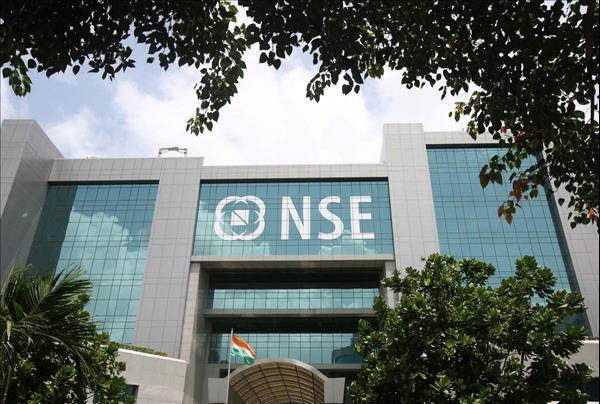
Indian bourses to stop licensing index, stock prices to foreign exchanges
Foreign bourses currently offer dollar-based derivative contracts based on Indian indices, shares and other securities under licensing agreements with domestic exchanges, allowing overseas investors to gain exposure to Asia's third-largest economy without having to trade onshore.
These licensing agreements will now be terminated with immediate effect, subject to notice periods, the National Stock Exchange, BSE Ltd and Metropolitan Stock Exchange said in a joint statement late on Friday.The most popular of these contracts has long been the SGX Nifty 50 index futures offered by the Singapore Exchange under a licensing agreement with the National Stock Exchange, India's biggest bourse. It tracks the NSE's main index of its top 50 shares, the Nifty 50 index.
The actions would prevent SGX from offering the contract to overseas investors, who would be forced to buy into domestic derivatives to gain exposure to India, a country that has become an emerging market darling over recent years."The volumes in derivative trading based on Indian securities including indices have reached large proportions in some of the foreign jurisdictions, resulting in migration of liquidity from India, which is not in the best interest of Indian markets," the statement said.
The latest move will not apply to exchange traded funds or similar products, the three stock exchanges said.Although foreign investors have pumped into India more than $77 billion since 2012, exchanges have long felt they are missing out on more volumes as derivative contracts have tended to be more popular in Singapore, which is seen as offering lower tax and a more certain regulatory regime.
Whether these investors would now be willing to come to India is uncertain. The country earlier this month unveiled a new 10 percent tax on capital gains in securities held for more than a year, dismaying foreign investors.India already taxes equity investments held for less than a year at 15 percent and has a securities transaction tax, which makes it more expensive than most other major Asian countries.

Legal Disclaimer:
MENAFN provides the
information “as is” without warranty of any kind. We do not accept
any responsibility or liability for the accuracy, content, images,
videos, licenses, completeness, legality, or reliability of the information
contained in this article. If you have any complaints or copyright
issues related to this article, kindly contact the provider above.


















Comments
No comment